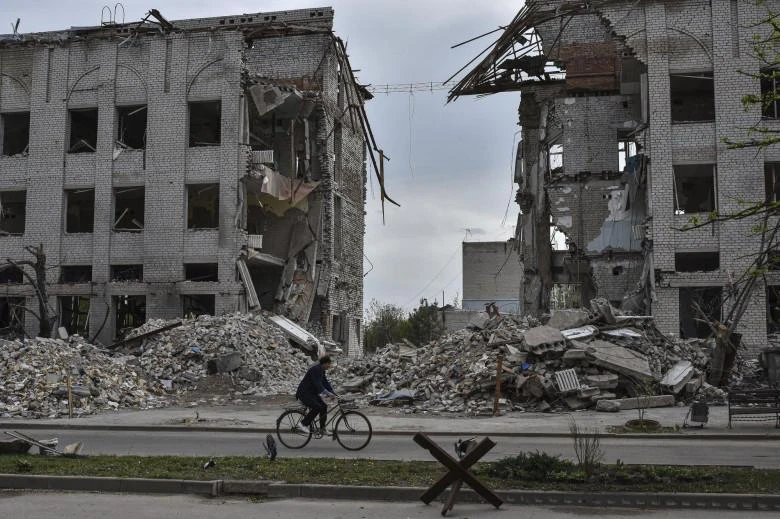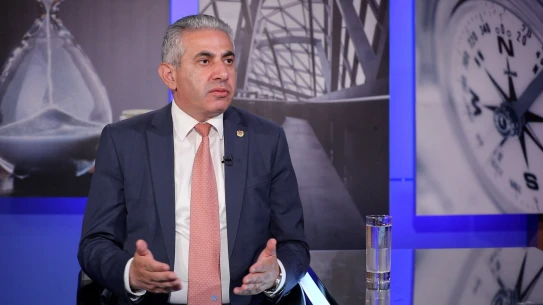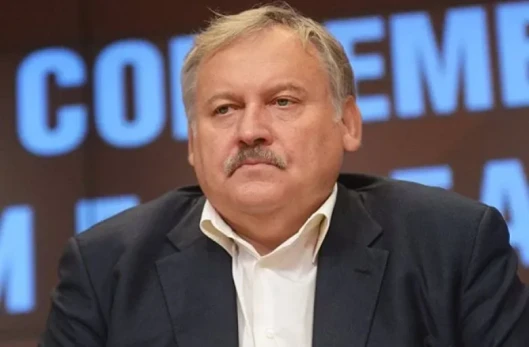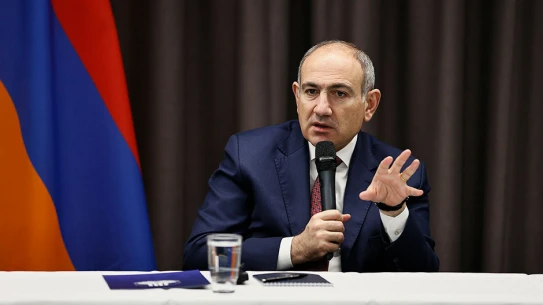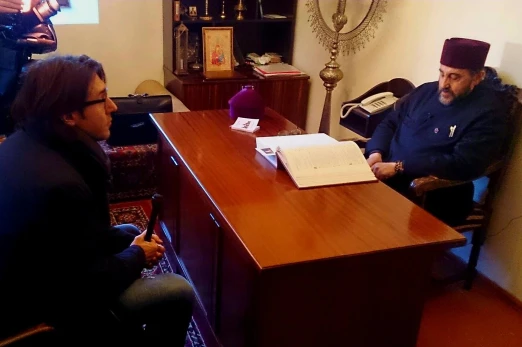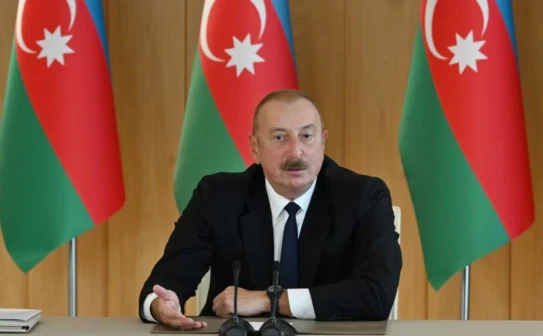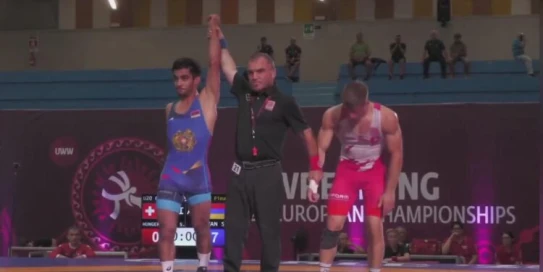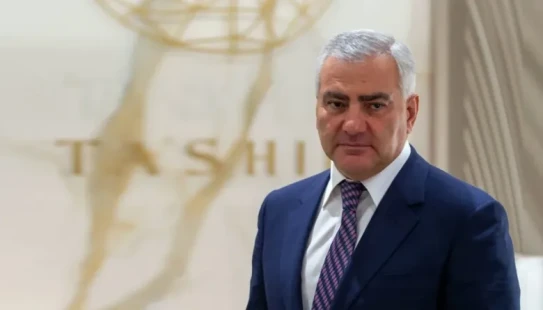"Fact" daily writes:
In three months, the third year of military operations in Ukraine will pass. This war continues to have tragic consequences, especially for Ukraine.
A number of parts of that country have turned into ruins, the economy is in disarray, and the country's population, according to various estimates, has decreased by 10 million.
It just takes decades for Ukraine to reach the pre-war situation. Some experts even say that it will take 100 years to restore Ukraine.
But it is still questionable how long the bloodshed of Ukraine will continue. And as for Russia, the West's expectations that after the imposition of severe sanctions, the Russian economy, unable to withstand the pressure, will simply collapse, and Moscow, not being able to economically continue the war, will kneel before the West, accepting the Western demands, did not come true.
It is true that Russia has been facing economic problems for a long time, but that country was able to carry out such economic transformations very quickly and redirect its exports to the Asian market, particularly China and India, that the situation in the Russian economy is better than in many European countries.
The Russian economy is also boosted by the fact that during the war, a boost was given to the military industry, and after the end of the war, this capacity can be used for the purpose of arms export.
But there are different motivational aspects of the parties in this war. The Ukrainian war has a civilizational significance for Russia and in a way it is for survival, because if Ukraine became a member of NATO and the Russian state weakened, it could lead to a significant weakening of Russia's position.
And for the West, the issue of Ukraine only solves the problem of maintaining its own supremacy in international relations. But if from the beginning of the war there was unanimity in providing full support to Ukraine, now the situation has changed.
The election of Donald Trump to the position of the US president demonstrates the existing divisions within the West. The problem is that the situation will change from January, because the Trump administration will take over the leadership of the country, and he has promised to stop the war.
And, in general, even during the campaign, the Republicans, led by Trump, were against the billions of dollars in aid provided to Ukraine, stressing that the money paid by the taxpayers could be directed to more necessary directions for their state. And it is clear that if the USA suddenly stops the aid provided to Ukraine, then Europe will face serious problems, because the military industry of the European countries is not able to provide the aid to Ukraine to the extent that Kiev can resist Russia.
The Biden administration is now trying to continue to provide serious assistance to Ukraine before leaving, possibly using the last two months, possibly to create more beneficial grounds for Trump's negotiation process, but the situation may be completely different from January.
And if the new US administration changed its policy of supporting Ukraine in order to put pressure on Ukraine to come to an agreement with Russia, then no matter how much Europe wants to fill the gap in American aid, it will not be able to.
Therefore, it is no coincidence that European leaders are "on thorns" from Himikvan, taking into account the possibility of such a development, and on the other hand, they are concerned about the unpredictability of the Trump administration's actions. It is also possible that the USA, Russia and Ukraine will come to an agreement, as a result of which Europe, whose interests are greatly affected by the Ukrainian issue, may be left out of the game. That is why the leaders of the European countries are trying to get in touch with the Russian president, try to make certain adjustments and show that they are still in the process.
It is no coincidence that after a two-year break, German Chancellor Scholz had a telephone conversation with Putin and discussed the ongoing war in Ukraine.
But critics, including Ukrainian President Volodymyr Zelensky, called the call a violation of Western solidarity, as it could be followed by calls to the Russian president from leaders of other European countries, which violates the unanimity of Russia's isolation.
But whether Ukraine wants it or not, in the case of the start of the process towards the settlement of the situation on the diplomatic level, the Western countries simply cannot ignore Russia's position.
And it is no coincidence that after the phone conversation with Putin, Scholz announced that the Russian president's view on the war in Ukraine has not changed. However, time will tell if diplomacy will take precedence over the military arena, as there are forces involved in the conflict that have an interest in continued military escalation.
ARSEN SAHAKYAN

















